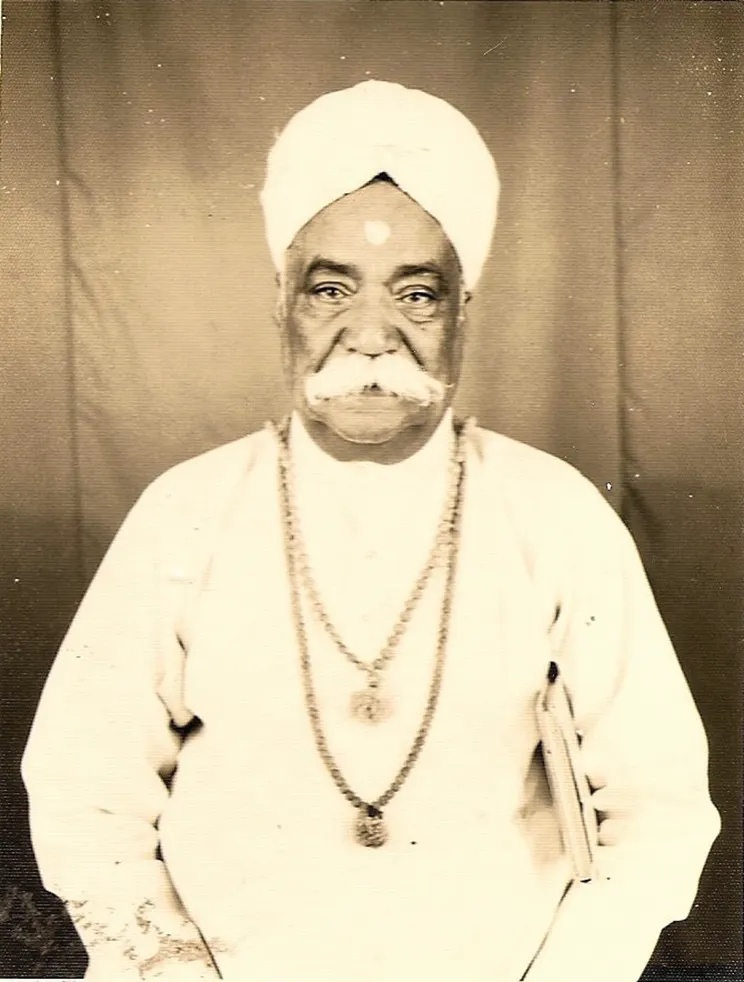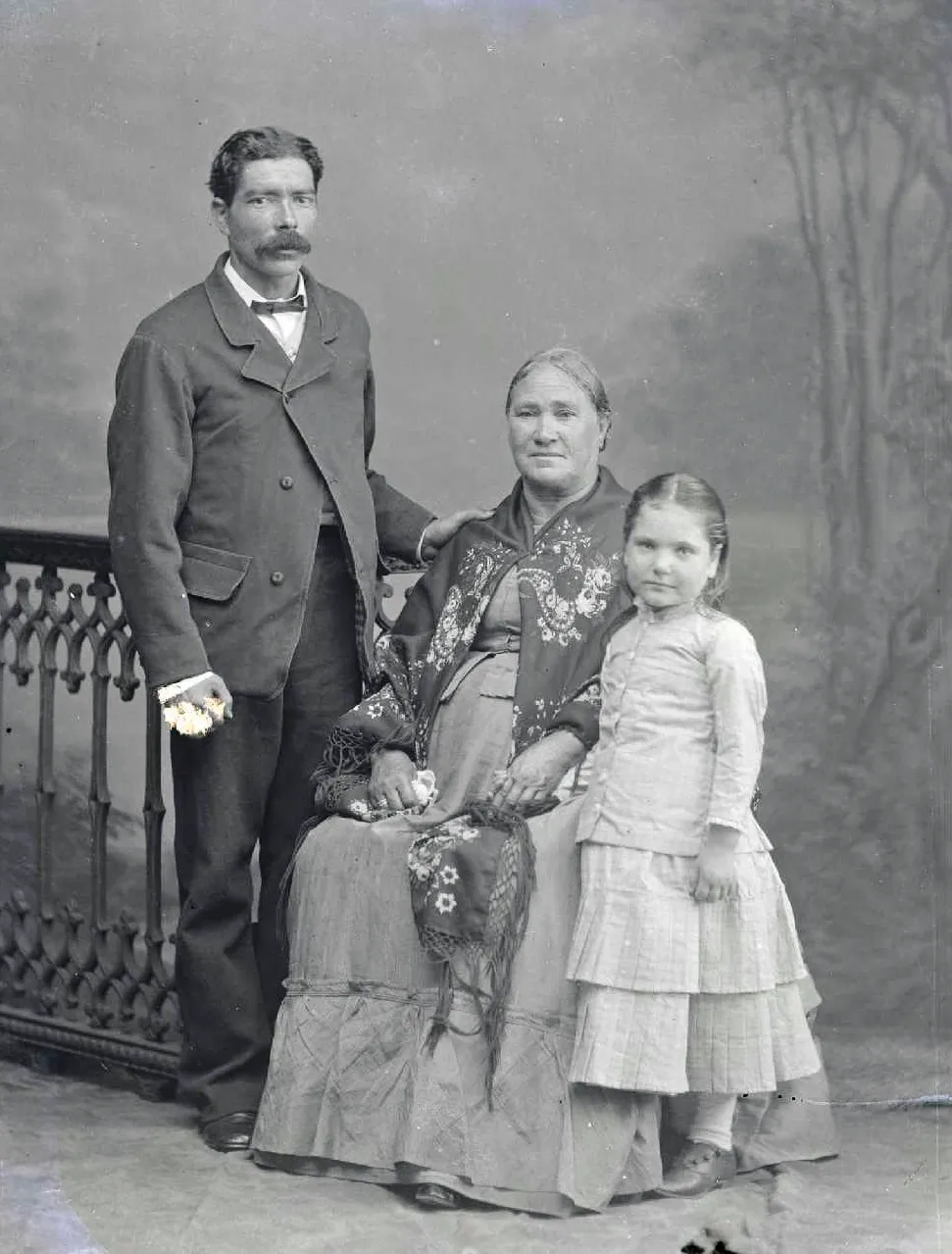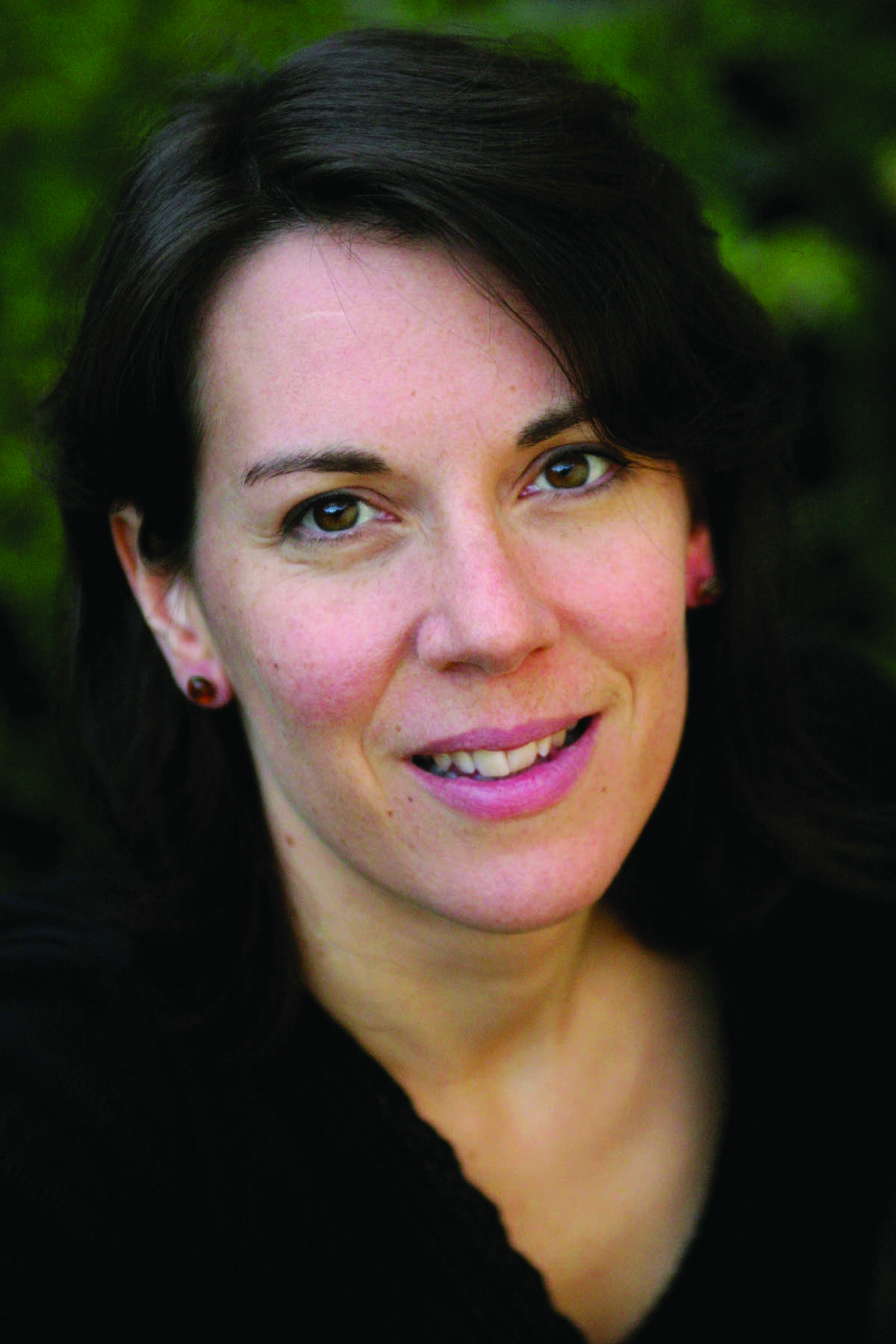Kyle Ring began tracing his family history in earnest when he was a child. Two decades later, he’s discovered an amazing array of ethnic groups within a tree that is rich in stories. A visit to see the Domesday Book at the start of his journey triggered an ambition to take his British family back to this most famous of historical documents. He’s achieved it, but in a rather surprising way.
A medical doctor studying for an MA in postcolonial studies at the School of Oriental and African Studies (SOAS), University of London, Kyle is the third generation of his family to live in the UK. His grandparents came here from Trinidad. “I’d always known that my family were from the Caribbean and that we were of mixed heritage: Indian, Scottish, African and Portuguese. But I’ve found other things I didn’t expect.”
It all started one day when 12-year-old Kyle was talking to his grandma, Joanne Olyn Ramsingh. “She began telling me all about her family. I thought ‘Why don’t I look into it’, and my mum’s friend helped me to do some research.”
Kyle focused on his maternal line, and again and again came across tales of ancestral trauma, and stories that crossed racial or class boundaries. “One story my grandma told me centres on the matriarch of the family, my great great grandmother Virginia Elizabeth Springer. She was from a wealthy background and had mixed heritage – African, Scottish, Italian and Portuguese. She was from Guyana (on South America’s North Atlantic coast), and her father Joseph was from an established family in Barbados.” Her mother, Maria Gonsalves, was born into a wealthy family that owned lots of businesses, some in Trinidad.
There Virginia met and married a local East Indian man, George Ramdeen. However, her family wasn’t happy with the match because of his darker skin and poorer background. “I think she’s quite inspiring as an independent woman in the late 19th century who challenged her family and did what she thought was best for herself,” says Kyle. The couple settled in Fyzabad, an oil town in south Trinidad, where Kyle’s grandmother later grew up with Virginia, her grandmother.
“I think she’s quite inspiring as an independent woman in the late 19th century who challenged her family and did what she thought was best for herself"
Kyle’s grandfather’s side of the family features another story of breaking boundaries. “In Trinidad, a large percentage of the population are from India. They came over after the abolition of slavery to fill the labour void, and were indentured to work on plantations. The conditions were pretty bad.” People were sent by sea to the Caribbean and South America. “One of the few positives that came from this was the concept of jahaji bhai, meaning ‘brothers of the ship’. The indentured Indians created this fraternity, doing away with caste boundaries. One that did remain, however, was the Brahmin, the highest caste. They were the priests needed to administer the Hindu religion.”
Kyle’s grandfather’s family were Brahmin, but he discovered that this had not always been the case for one ancestor, although it is very difficult to move between castes. He came across the online account of an elderly lady from Fyzabad. “She told the story of my great great grandfather, Pundit Goberdhan. Originally he was from a lower caste. However, he ran away with the local pundit’s daughter and married her, which caused warring between their two families. The local panchayat, or council, decided that the wife’s family should accept the marriage and my great great grandfather should become a Pundit, thereby elevating his caste and giving their marriage legitimacy.”
Pundit Goberdhan became quite famous as a leader of the Hindu community in Trinidad. He is partly responsible for making Diwali a national holiday, and when the local Indians rioted over working conditions in the 1930s, he was called in to help calm the situation: “Pundit Goberdhan was awarded the King George VI Coronation medal in 1937 for putting down the riots.”

Indentureship records for Trinidad are available at the National Archives of Trinidad and Tobago, and reveal where in India individuals were from. “My 3x great grandparents Meetoo and Kaytooki arrived in Trinidad as children with their parents as indentured labourers. Meetoo was three when he travelled from Calcutta to Trinidad in 1868 aboard the Victor Albert with his parents Baldeo Tiwari and Rama. They are listed as Brahmins, from Shahjahanpur, Uttar Pradesh, and were indentured at the River Estate in Diego Martin. Kaytooki was four on arrival in 1882, travelling on the Hesperus from Calcutta with her parents Gurdyal and Mulloo. They were Brahmins too, from Hardoi, Uttar Pradesh. Gurdyal died on the ship while Baldeo died within five years of arrival, highlighting the harsh conditions on the plantation.”
The Madeiran records digitised by the Arquivo e Biblioteca da Madeira helped Kyle research his Portuguese family. “My 3x great grandmother Maria Gonsalves was Afro-Portuguese. Her father Manoel Gonsalves was a Portuguese businessman originally from Madeira, and her mother, who wasn’t named in the records, was a local woman of African descent from Guyana.” Back then richer white men often took black mistresses.
Kyle thinks that he might be linked to a crime that still resonates today. “I found an old newspaper article from 1888 about a Manoel Gonsalves, who believed his black mistress was cheating on him and killed her. Manoel was given the death sentence, but it was reported that the king of Portugal wrote to Queen Victoria asking for leniency.” The sentence was commuted to penal servitude. People took to the streets of Georgetown in protest. They felt that the Portuguese could buy their lives, while Africans and Indians were hanged.

Whether or not this is Kyle’s ancestor, he feels that the incident shows how far back ancestral trauma in the African experience goes. “Even years after slavery ended, there was still the feeling that black lives didn’t matter – that that woman’s life didn’t matter – and those things from the past are still present today.”
Kyle managed to track some of his African forebears in Madeira. “The Portuguese side of my family included enslaved ancestors. Madeira was one of the first places to institute African slavery, and at one point the population was 10 per cent African.” Kyle got back as far as his 9x great grandmother Maria de França, who was enslaved, but hit a brick wall. “Her records just say ‘parents unknown’.” She appears on the marriage record of her son Bernardo, listed as the slave of a Catholic priest.
Tracing his enslaved ancestors in Barbados has proved trickier. “My 3x great grandfather was Joseph Watson Springer. His paternal grandfather James Barry Springer senior was actually a slave owner. However, Joseph’s maternal grandmother, Mary Rawlins Licorish, was of African descent. I’ve not found records of her parents’ births or baptisms so they may have been formerly enslaved, but unfortunately slave registers on Ancestry only cover 1813–1834.”
Physical records in the UK have been helpful in Kyle’s journey, including the government gazettes at The National Archives, which reveal daily life in the Caribbean. Kyle spotted several references to his family within their pages.
His forebears’ struggles have been a focus of Kyle’s research – from the enslaved in Madeira and Barbados to his grandmother feeling alienated in a new country: “I feel a real connection to my ancestors, and draw inspiration from them. I think it’s important to recognise everything that they’ve done that’s led to today. It’s so important to keep telling their stories to keep them alive.”
"It’s so important to keep telling their stories to keep them alive”
This notion feeds into his website, Caribbean Portrait Collection. “There aren’t always lots of genealogy resources for the Caribbean; it’s all about oral history. The website is about sharing that history and recording it somewhere, so that it’s available for other people to read.”
And what about that link to the Domesday Book? “On my Portuguese side, I’m descended from Maciot de Béthencourt, nephew of Jean de Béthencourt a French explorer who discovered the Canary Islands.” Pedigrees revealed that Jean de Béthencourt was descended from European royalty including William the Conqueror, who ordered the book’s creation. “So, in a sense, I have traced my family back to it.”
However, Kyle has also made an even more important discovery: “My ancestors who were indentured or enslaved were a big part of Britain’s history. I’ve realised how much more connected I am to Britain through my ancestors of colour rather than my European ancestors.”
